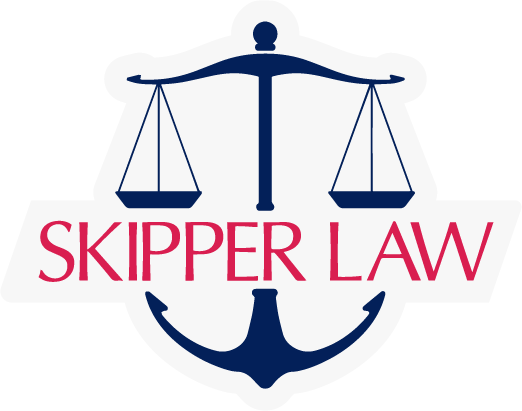Exploring Frequently Asked Questions About Divorce Mediation
Divorce is painful emotionally no matter how you approach it. However, there are measures you can take to eliminate a lot of the emotionally exhausting aspects of divorce. One main way is to reach agreements with your spouse on key decisions that must be made through negotiation rather than litigation.
Avoiding courtroom disputes by agreeing to the terms of child custody and visitation, how to divide marital property and other important components of your divorce decree is challenging for some couples. If you are unable to reach an agreement through standard negotiations, it doesn’t mean that litigation is imminent. Divorcing couples can seek to reach agreements on family law matters through mediation.
As a registered mediator and arbitrator with the state of Georgia, attorney Lani G. Skipper is licensed to mediate civil cases and domestic cases. Ms. Skipper serves as a neutral third party in the mediation process, helping divorcing couples reach agreements without the need to litigate. On this page, we address some frequently asked questions about divorce mediation.
How Does Mediation Work?
Ms. Skipper serves as a mediator in private mediation (in which the participants seek out mediation themselves) as well as court-ordered mediation (in which a judge orders the parties to mediate). Rather than represent one individual, Ms. Skipper helps both parties discuss their differences and seek a mutually agreeable solution. Agreements that are reached in mediation are considered legally binding as long as the court approves them.
What Aspects Of A Divorce Can Be Mediated?
Child custody and parenting plans, the division of marital property, and spousal and child support are the most common issues addressed in mediation. In addition to serving as a mediator in divorce cases, Ms. Skipper mediates other legal disputes, such as business, real estate or contract disputes, as well as disputes that individuals have with municipalities.
What Are The Benefits Of Mediation?
When parties are able to reach an agreement without litigating, it often saves money and time. It also sets the stage for increased cooperation between the two parties once the divorce is final. Parents must still work together after divorce to raise their children. Mediation helps both sides avoid long-term bitterness or harbor a feeling that one party took advantage of the other.
Is Mediation Required?
It is required in most Georgia divorces before parties can proceed to litigation.
Do I Have Legal Representation In Mediation?
Parties are not required to have legal representation in mediation, but it is recommended that each side works with a lawyer who will protect their interests and explain all aspects of Georgia family law statutes to them.
Who Pays For The Mediator?
That is up to the parties involved in the dispute. A mediator’s services can be split evenly between the parties or paid for by one individual.
What Does It Mean To Be A Registered Domestic Mediator?
Those who wish to register with the Georgia Office of Dispute Resolution must complete required training and have observation or co-mediation experience in a minimum of five mediations. Ms. Skipper has extensive training and experience with conflict resolution.
Learn More About What Can Be Accomplished Through Mediation
Skipper Law, LLC, serves residents of Dallas, Georgia, and surrounding communities in mediation and all other aspects of family law. Call 770-693-0644 or contact us online to learn more about how we can help or schedule a consultation.
We provide highly personalized services to residents of Dallas and surrounding communities. In addition to serving as a neutral mediator, we represent clients in mediation and litigate on their behalf as well.
